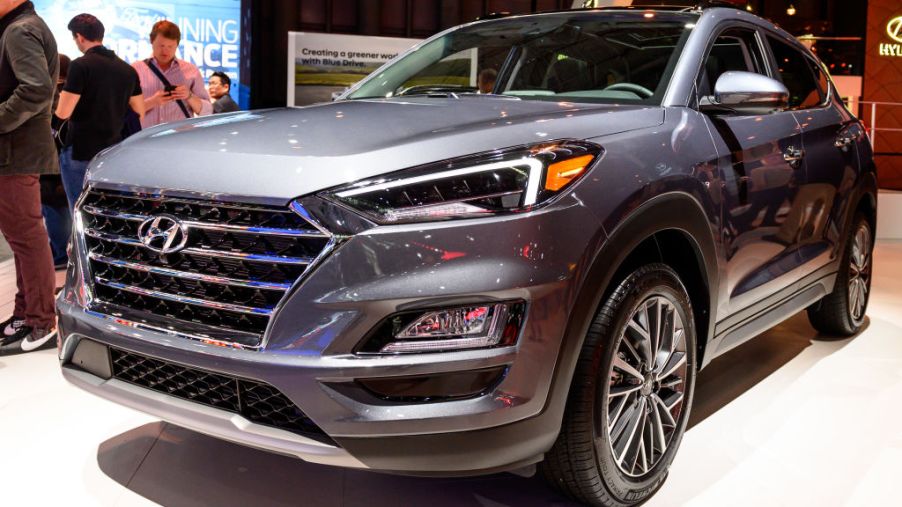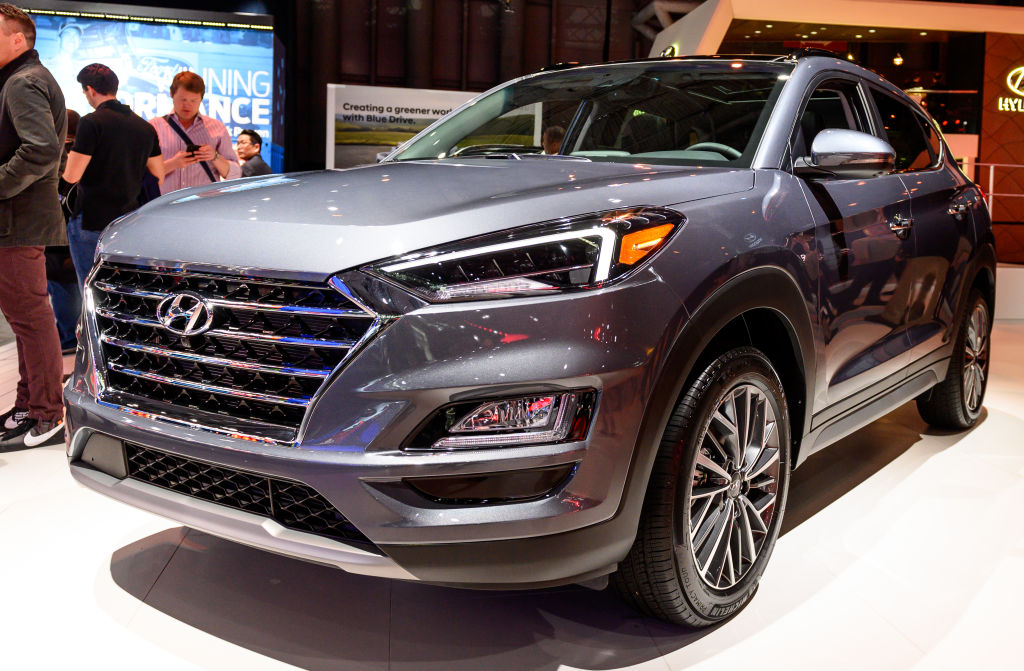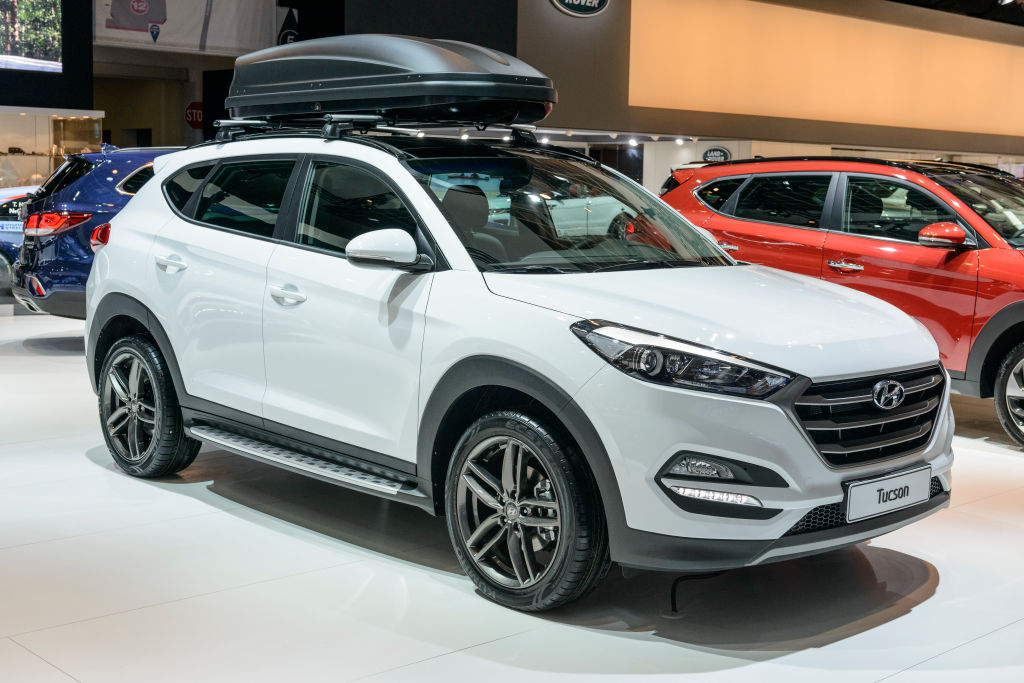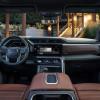
You Need To Avoid The Hyundai Tucson
More and more compact SUV options are hitting the streets, and Hyundai is a significant player with reliable options. There’s the Kona, Santa Fe, Genesis, and more. But where does the Hyundai Tucson fall in this list of options? Is it a good SUV, or should it be avoided?
Is the Hyundai Tucson A Good SUV?
The 2020 Hyundai Tucson starts around $24k, making it an affordable option to drive off the lot in. The Kona is a little cheaper and starts around $20k, so we expect the Tucson to be a little better.

However, this isn’t the case when it comes to fuel efficiency. The Hyundai Tucson only gets an average of up to 23 mpg in the city and 28 mpg on the highway. The Kona gets up to 28 mpg in the city and 32 mpg on the highway.
To compete well with options such as the RAV4 or Honda CR-V, then the Tucson needs a better fuel economy.
Hyundai Tucson Power
Under the hood of the Tucson, you’ll find two different engine options. The base model has a 2.0-liter four-cylinder engine that pumps out 161 horsepower. The next option up is a 2.4-liter four-cylinder engine that produces 181 horsepower.
We aren’t exactly sold on the extra cost involved for an increase of 20 horsepower. Also, to remain competitive, the Tucson would need to provide at least 200 horsepower.
The Tucson can tow up to 1,000 lb, which is interesting. It feels like an odd flex. The RAV4 can tow up to 3,500 lb, leaving the Tucson in the dust.
Also, the Tucson has slow acceleration. It takes this SUV 8.8 seconds to go from 0 to 60 mph. It’s competitors take about 7 seconds to accelerate from 0 to 60 mph.
While the Tucson seems to be depressing compared to its competitors, at least it’s offered in all-wheel drive. AWD gives the ability for this compact SUV to drive in snow and handle gravel roads.
Hyundai Tucson Features
The Tucson isn’t marketed as being off-roading capable at all, which is good. Stick to the city with this vehicle. However, it is marketed as being comfortable, convenient, and advanced.
In terms of cargo space, the Tucson ranks fairly. There is 31 cubic feet of cargo space behind the rear seat and 61.9 cubic feet of cargo space with the back seat folded down. This amount of space isn’t far behind what it’s competitors have to offer.
The 7” touchscreen displays color navigation and can connect to both Apple CarPlay and Android Auto.

Hyundai Tucson
However, most modern vehicles have this capability to put your favorite apps right at your fingertips. But the fact that it has a wireless charger for smartphones did grab our attention.
Nothing in terms of tech blew us away, but the Hyundai Tucson is pretty safe. It’s an IIHS top safety pick for its forward collision prevention. It also has pedestrian warnings, lane departure assistance, and more.
But again, these are standard safety features found across the board. Unless you like the look and feel of the Tucson, we vote to pass. It’s barely an average SUV, and the cheaper Kona would be a much better deal.



